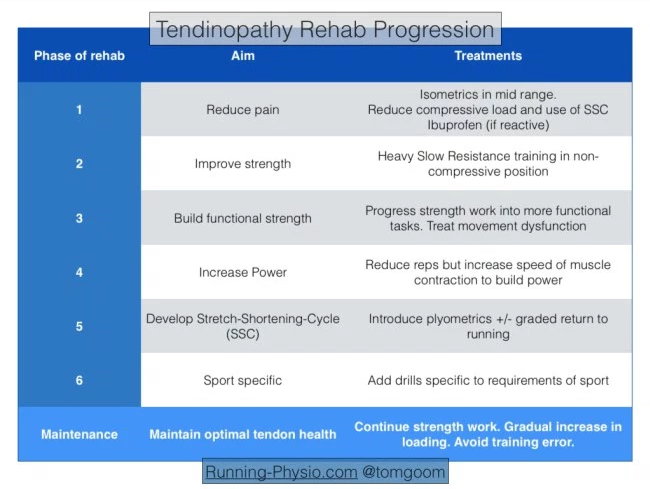Lsd Rehab Program Hatton ND
Home
Top Lsd Rehab Program Hatton ND Resources and Information Online
Lsd Rehab Program Hatton ND
They are trained to develop recovery programs that help to reestablish healthy behaviors and provide coping strategies whenever a situation of risk happens. I have considered at length every approach to recovery, from AA to Rational Recovery, from faith-based to non-secular, to medically-assisted to pure self will and determination, in an effort to find the key to my son’s condition and to his recovery. Protect yourself, your health, your finances, and your assets. Heroin is the one of the most favored choices among the recreational drugs for many individuals living in … Continue reading “Resume A Normal Life With The Help Of Christian Rehab In Missouri” Utah is a center of transportation and information technology. Clinics, programs, and treatment options are readily available locally. Behavioral therapies help a patient with drug addiction understand his/her chronic condition, its health effects and effective treatment.
It is enabling them to continue their addiction without consequences. Counseling[edit] Traditional addiction treatment is based primarily on counseling. Residential Care Eating Disorders – Adult If you’re not looking for an Inpatient Rehab Center to help overcome your eating disorder, don’t despair.
More Info Around Molly Detox Centers

Right here are Some More Information on Coricidin Addiction Rehab Facilities Hatton ND
Counselors should be able to recognize how addiction affects the whole person and those around him or her.[25] Counseling is also related to "Intervention"; a process in which the addict's family requests help from a professional to get this person into drug treatment. Although, it is hard to stop using drugs on your own,there are multiple treatment options available for those from mild to severe drugaddiction problem. Naltrexone cuts relapse risk during the first 3 months by about 36%.[9] However, it is far less effective in helping patients maintain abstinence or retaining them in the drug-treatment system (retention rates average 12% at 90 days for naltrexone, average 57% at 90 days for buprenorphine, average 61% at 90 days for methadone).[9] Ibogaine is a hallucinogenic drug promoted by certain fringe groups to interrupt both physical dependence and psychological craving to a broad range or drugs including narcotics, stimulants, alcohol and nicotine.
Much more Resources For Coricidin Addiction Rehab Facilities
Withdrawal symptoms can include muscular pain, bone pain, vomiting, diarrhea, difficulty breathing and intense cravings. This conceptualization renders the individual essentially powerless over his or her problematic behaviors and unable to remain sober by himself or herself, much as individuals with a terminal illness are unable to fight the disease by themselves without medication. Ongoing therapy is also offered after rehab to help recovering drug addicts live drug-free lives. Some of the obstacles that we uncover in our journey to recovery from drugs, alcohol or other addictive behaviors can take all of our energy, as well as the help we need from our Lord Jesus Christ.
Below are Some Even more Details on Molly Detox Centers Hatton ND
At a higher level, the drug rehabilitation process can be broken down into four steps: Assessment: After initial contact with someone seeking drug treatment, a team of doctors, counselors, therapists and supporting staff begins crafting an individualized treatment plan. She seldom drinks at all, doesn’t use drugs at all, and has a stable and healthy lifestyle. Experiential Therapy The Cirque Lodge long ago staked our claim as the pre-eminent experiential program in the country. Even 100 days after the last use of cocaine, there is decreased metabolism in the brain's frontal area which regulates impulsive and repetitive behavior, planning and organizing activities, and critical thinking.[2] PET scans courtesy of Brookhaven National Laboratory The changes in the brains of addicted individuals are accompanied by changes in behavior such as irritability, apathy, decrease in job performance, inattentiveness, truancy, or bad grades in school. Spiritual healing is one side of addiction recovery, yet it is important for many people because faith has such a large role in their lives. Meeting Your Individual Treatment Needs In spite of the pain and desperation addiction brings, addiction is a highly treatable condition, according to the National Institute on Drug Abuse. There are two main points that separates an addict from others who do not suffer from addiction: Once the individual picks up a drug, drink or destructive behavior, they have little or no control in terms of the amount they take and will only stop when the money has run out, they have passed out, or there is a severe consequence Once the individual has stopped taking substances, psychologically they are unable to change the the mindset of addiction on their own. The answer is that he usually does not intend to become an addict.
Click Here for More Information
Previous Next
You may also like:
Biocodone Addiction Treatment Programs Dagsboro DE
Endodan Addiction Marvell AR
Affordable Private Drug Rehab Cornish UT
Anexsia Detox Treatment Facilities Caledonia IL
Christian Program Gays Creek KY
Acamprosate Rehab Treatment Facility Vergas MN
Adderall Abuse Facilities Playas NM
Cocaine Addiction Rehab Program Klemme IA
Robitussin Abuse Center Solway MN
Methaqualone Rehab Center Houghton MI
Percodan Addiction Rehab West Burlington IA
K2 Rehab Treatment Facilities Mount Lemmon AZ
Symtan Abuse Clinics Fort Blackmore VA
Antabuse Abuse Clinics Owens Cross Roads AL
Heroin Addiction Rehab Clinic Copper City MI
Dextrostat Addiction Treatment Facilities Lewis CO
Opiate Addiction Treatment Centers Mcgregor MN
Ecstasy Abuse Programs White Earth ND
Methamphetamine Abuse Treatment Nespelem WA
Butorphanol Addiction Rehab Program Geneva GA